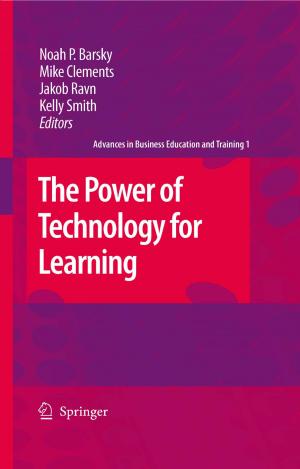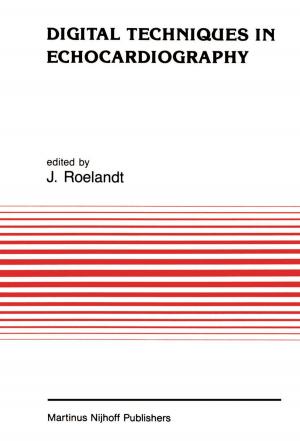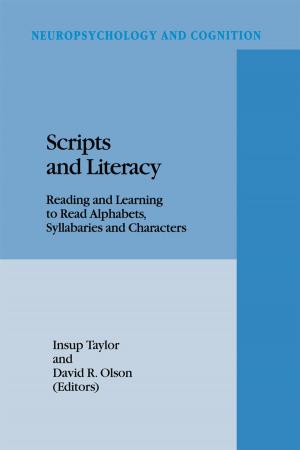Self-directed Learning Oriented Assessments in the Asia-Pacific
Nonfiction, Reference & Language, Education & Teaching, Educational Theory, Evaluation, Administration| Author: | ISBN: | 9789400745070 | |
| Publisher: | Springer Netherlands | Publication: | October 8, 2012 |
| Imprint: | Springer | Language: | English |
| Author: | |
| ISBN: | 9789400745070 |
| Publisher: | Springer Netherlands |
| Publication: | October 8, 2012 |
| Imprint: | Springer |
| Language: | English |
The Asia-Pacific region needs to maximize the benefits of education to enable it to compete in an economic future dominated by innovation, in which assessing student progress must be an empowering rather than delimiting factor. This detailed exposition of the theoretical basis and application tools of self-directed learning-oriented assessment (SLOA) reflects the very latest research championed by the Assessment Research Centre at The Hong Kong Institute of Education. Featuring a range of relevant case studies, it explores the varied theoretical issues related to SLOA and offers an integrated view of the system fully in line with the constructivist paradigm of learning which advocates formative rather than summative assessment. Many of the initiatives outlined here are firsts in the region.
SLOA is already being applied in many schools with links to the ARC. It is an approach to assessment that acknowledges the centrality of self-directed learning and which positions assessment as a tool to enable and enhance self-directed learning. It draws on several theories of learning and assessment, including the constructivist notion that learning is best achieved when students take ownership of their educational process, setting their own goals and monitoring their own progress towards those goals. SLOA has been the research and service approach of the ARC since 2005. In the intervening years the centre has developed a number of tools to facilitate SLOA learning and assessment, including vertical ability scales, teacher-friendly computer software and packages for self-directed learning.
The Asia-Pacific region needs to maximize the benefits of education to enable it to compete in an economic future dominated by innovation, in which assessing student progress must be an empowering rather than delimiting factor. This detailed exposition of the theoretical basis and application tools of self-directed learning-oriented assessment (SLOA) reflects the very latest research championed by the Assessment Research Centre at The Hong Kong Institute of Education. Featuring a range of relevant case studies, it explores the varied theoretical issues related to SLOA and offers an integrated view of the system fully in line with the constructivist paradigm of learning which advocates formative rather than summative assessment. Many of the initiatives outlined here are firsts in the region.
SLOA is already being applied in many schools with links to the ARC. It is an approach to assessment that acknowledges the centrality of self-directed learning and which positions assessment as a tool to enable and enhance self-directed learning. It draws on several theories of learning and assessment, including the constructivist notion that learning is best achieved when students take ownership of their educational process, setting their own goals and monitoring their own progress towards those goals. SLOA has been the research and service approach of the ARC since 2005. In the intervening years the centre has developed a number of tools to facilitate SLOA learning and assessment, including vertical ability scales, teacher-friendly computer software and packages for self-directed learning.















